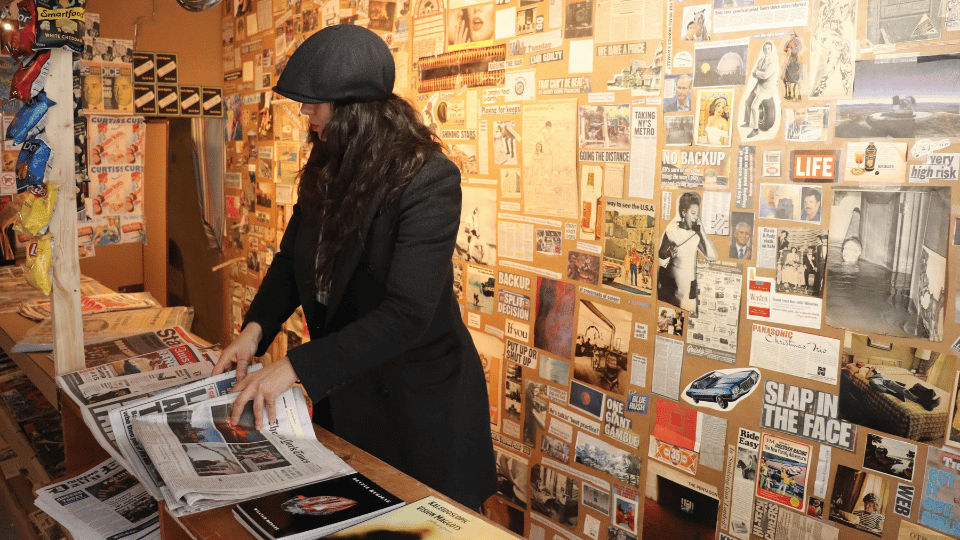So you’ve made your film. Now, what do you do? Do you have this burning fire to share it with others and an audience? Then your first step is to start thinking about which film festivals you want to send it to.
Hopefully, your film isn’t too long. That’s the first piece of advice Caran Hartsfield would give: “I think there is this misconception that I am more of a filmmaker, the longer my film is. From what I’ve seen, that is the wrong way to think about it. A film festival and being a filmmaker is quite the opposite.” The tighter your film is and the more in control your story, scenes, and directing are, the better it is. If you can do a tight 10 (minutes) as opposed to an okay 20, it’s better to have the tight 10. And depending on your skill level, the shorter, the better. Just show you’re a promising filmmaker, and that’s all you have to do. Caran adds, “I’ve seen careers launched off of five-minute films, so don’t think, the longer, the better.”
It can’t be stressed enough that a lot of film festivals also cut off minimums and maximums. Often, the maximum for many festivals is 20 minutes. It’s really hard to program longer films because then they have fewer films to put in the festival. So even if you’ve made a film under 20 minutes and you think it could be longer — know that you already have your film to share with the festival.
Also keep in mind that film festivals usually have an entrance fee. Be strategic about how and where you spend your money. However, some festivals do waive fees. Send an email, explain your situation, and see if it is possible to waive the fee. If you already have a track record and you’ve established some sort of momentum with your film, this can especially be a door opener for you.
Film festivals are really great practice for you as a filmmaker to talk about your work too. Usually, there’s a Q&A after screenings for filmmakers to talk about what inspired them or their filmmaking process. This is helpful in getting you comfortable to have a dialogue with your audience and thinking about your work. And as you move forward to your next project, you will be much more aware of what you’re interested in thematically and why you’re telling this story. Because you already know that Q&A is coming. You definitely want to be clear on how your story is connected to what you’re thematically interested in.
Caran highly recommends submitting your work to film festivals. She explains, “It’s a great opportunity for an audience to see your work and share in the thing that you were most interested in and passionate about for so long.” So send out those films. Have a strategy. And put on your calendar when the film festival deadline is, and submit on time because those deadlines can come and go quickly.








